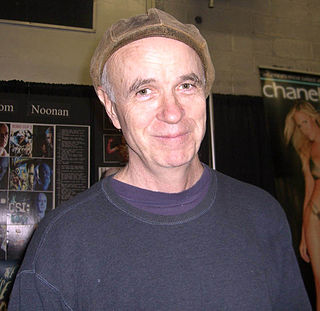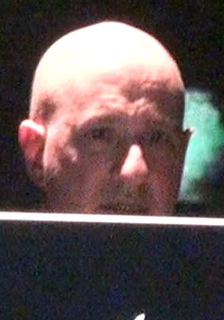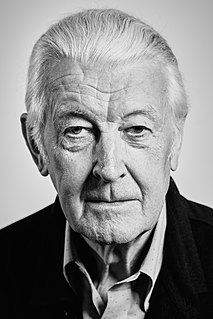A Quote by Sasa Stanisic
FAQ regarding my book were not about my use of commas or how the images went berserk, but about the political situation in Bosnia, about guilt and shame, about victims and perpetrators, about reasons, arguments and beliefs that led to the conflict in the first place, etc. All of this needed and still needs answering and ongoing discussions, but I mostly felt overwhelmed and unqualified to articulate anything worth more than personal experiences of the siege, of fear and refuge - all the things which I wrote about anyway.
Quote Topics
About
Answering
Anything
Anyway
Articulate
Beliefs
Berserk
Book
Bosnia
Commas
Conflict
Discussions
Etc
Experiences
Fear
Felt
First
First Place
Guilt
How
Images
Led
More
Mostly
Needed
Needs
Ongoing
Overwhelmed
Perpetrators
Personal
Personal Experience
Personal Experiences
Place
Political
Reasons
Refuge
Regarding
Shame
Siege
Situation
Still
Than
Things
Unqualified
Use
Victims
Were
Which
Worth
Wrote
Related Quotes
When I see an entire community disenfranchised, it disturbs me. Not that I'm a message guy, per se. I write about people. I like to write about human beings, not crap political rhetoric. I've tried to avoid that all my life. When I wrote about soldiers in Vietnam, I wasn't trying to make a political statement. I was trying to write about how screwed things were for soldiers, and how they still are.
. . . the whole idea of WHAT HAPPENED WAS.... is not about dating. It is more about people who are not committed to who they are or are indifferent about their life in general, which is how I felt about myself when I wrote it. I had turned 40 and I was unhappy and I wanted to write about that. Dating just became the framework. . . . I like all those fringy, weird, nonverbal, quiet, tiny little things, those powerful interchanges between people, things that go unsaid, that people know are happening all the time but nobody wants to talk about. That's what I want to make movies about.
I think any information about any type of art form, it's always the right time. But since the last one, I could see there were many things about the culture of DJing that we don't really talk about. We don't really look at how the music is made, how it's conceptualized, how it's put together. We talk about the equipment and the software, but we don't talk about the reasons why we put the music together in the first place.
I watched 'Freaks and Geeks,' and I was like, 'Oh, if you write about your own personal experiences, and if you're specific about it both in what happened and how you felt about it, it can make for scenes that are really compelling.' For the rest of college, I was basically ripping off 'Freaks and Geeks' with plays I wrote and stuff like that.
Charisma seems to be more about the intoxicating quality that you have on other people, as opposed to presence, which is more about the self in relation to others, and how you feel you represented yourself in a situation, and how you were able to engage. So it's less about how others see you and more about how you see yourself.
The best definition I've heard is that guilt is about what you've done, shame is about who you are. If something's out of my control, I don't feel shame about it, because what could I have done? If you're guilty, you can at least try to atone for it or make it better or not do it again. If it's who you are, you can't do much about it except change yourself, and that's pretty hard.
We did respect [Bernard Leach], although we also were willing to challenge ideas and at least put forth our feelings about the way the pottery was run, about things that were done, about the pots we were making, etc. And we would get into sometimes some very fierce arguments. We'd be shouting at one another because of disagreements.
I'm educating myself more about world poetry. I know a lot about contemporary American poetry, so I felt I needed to learn more about figures like Borges, Akhmatova, Neruda, etc. I felt I needed a bigger lens to see poetry through. It really helps to see poetry as a world language, and not just something American.
I want my music to be something that people use in order to access parts of themselves. So in that sense, every piece I write is about all emotions at once, about the lines in between. It's never only about one thing or another. It's emotionally getting at those things that we can't really describe - things for which we don't have labels. So yes, it's about something, and it has a use. It's neither about nothing nor about something concrete - it's about what you bring to it as a listener.






































